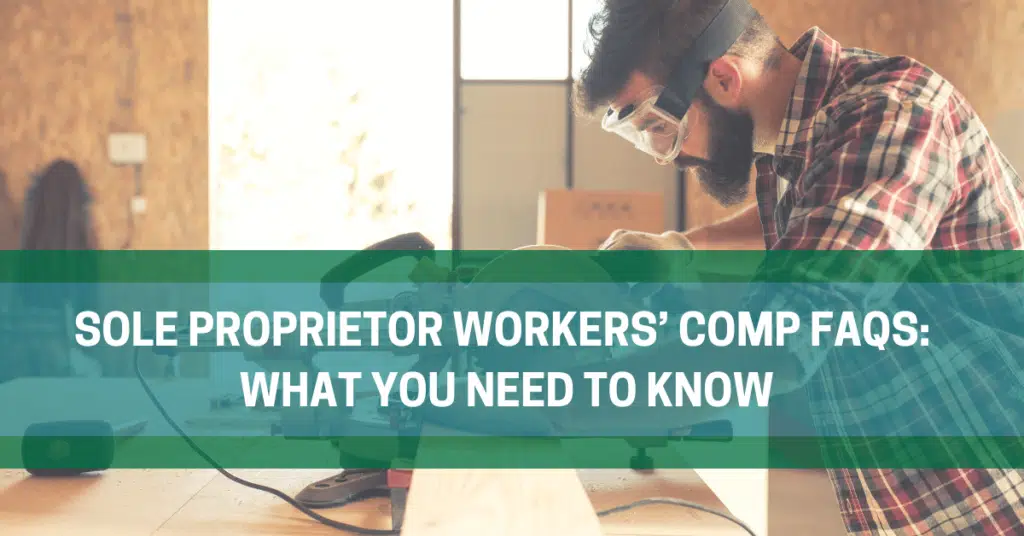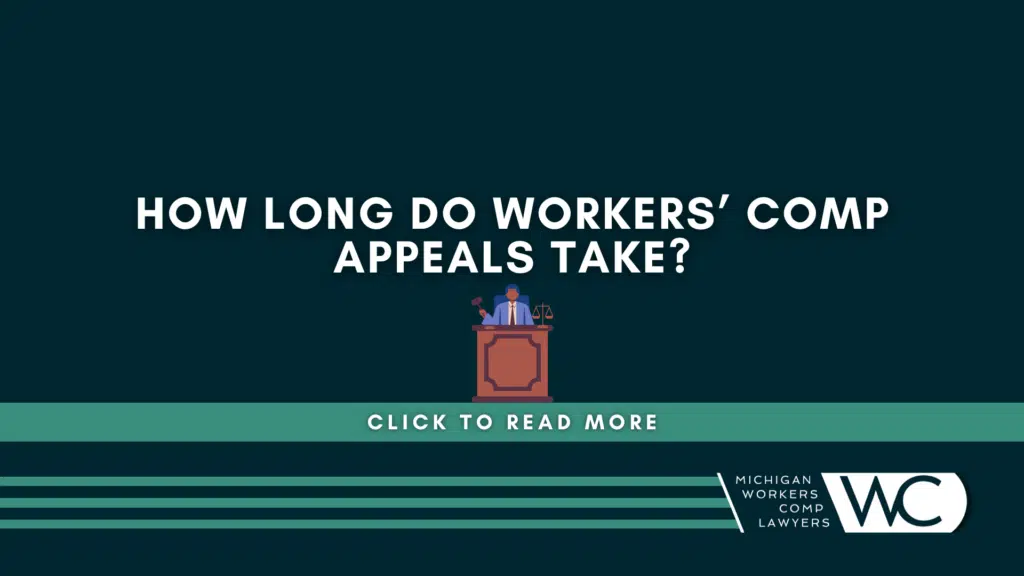
Warning for self-employed individuals who call themselves sole proprietors and do not have workers’ comp insurance.
Our law firm represents employees who get hurt on-the-job. We make sure medical bills and lost wages get paid by the responsible party. Unfortunately, there are some employers who try to game the system by not purchasing mandatory insurance or paying workers’ comp benefits. Here is some information about sole proprietor and workers’ comp insurance in Michigan and why self-employed individuals might still be on the hook.
Michigan law requires that employers purchase workers’ comp insurance. It is intended to protect both employees and employers in the event of a workplace accident. Workers’ comp benefits get paid regardless of fault but are generally limited to medical treatment, lost wages, and vocational rehabilitation. In exchange for these automatic payments, employers get immunity from civil lawsuits even when negligent.
Employers who fail to purchase required insurance are still responsible for payment of workers’ comp benefits. Officers and directors of the company can be found personally liable. They can be sued for negligence and lose many common defenses. Additional penalties include civil fines and possible jail time. Workers’ comp insurance is relatively cheap and there is no excuse to ignore this requirement.
Michigan allows various business types to operate including proprietorships, partnerships, stock corporations, and limited liability corporations. It can be especially confusing for self-employed individuals to know if proprietorships in Michigan are required to have workman’s comp insurance.
Employers, including sole proprietors, who need to purchase workers’ comp insurance in Michigan include the following:
- Private employers who regularly employ 3 or more people at one time.
- Private employers who employ less than 3 people if at least one of them has been employed for 35 or more hours per week for 13 weeks or longer during the last 52 weeks.
- Households employing domestic help if they employ anyone 35 hours or more per week for 13 weeks or longer during the preceding 52 weeks.
- All public employers regardless of number of employees.
Does a sole proprietor need workers’ comp?
A self-employed person is generally not subject to workers’ comp law. However, they may have employees who are covered and would be required to pay workers’ comp benefits if a workplace accident occurs. For this reason alone, it is a good idea for a sole proprietor to get workers’ comp insurance in Michigan.
Are sole proprietors exempt from workers’ comp?
Sole proprietors are not exempt from paying workers’ comp benefits to employees. However, it is possible to file an exclusion form with the WDCA if all employees of the sole proprietor are either their spouse, child, or parent. It is also possible to purchase workman’s comp insurance for the entire business.
Need help? Contact our workman’s comp lawyers for a free consultation
To speak with an experienced workman’s comp attorney about your Michigan work injury claim, call us now, or fill out our contact form for a free consultation. There is absolutely no cost or obligation. We’re here for you.
Our attorneys have been exclusively helping injured workers in Michigan for more than 35 years and can help you better understand Michigan workman’s comp laws and explain what happens if you or a loved one has been hurt on the job. To see what our own clients have to say about the caring, compassion, and communication they received from us, you can read in their own words about their experience here on our testimonials page from clients we have helped.
Michigan Workers Comp Lawyers never charges a fee to evaluate a potential case. Our law firm has represented injured and disabled workers exclusively for more than 35 years. Call (844) 201-9497 for a free consultation today.
Related information:

